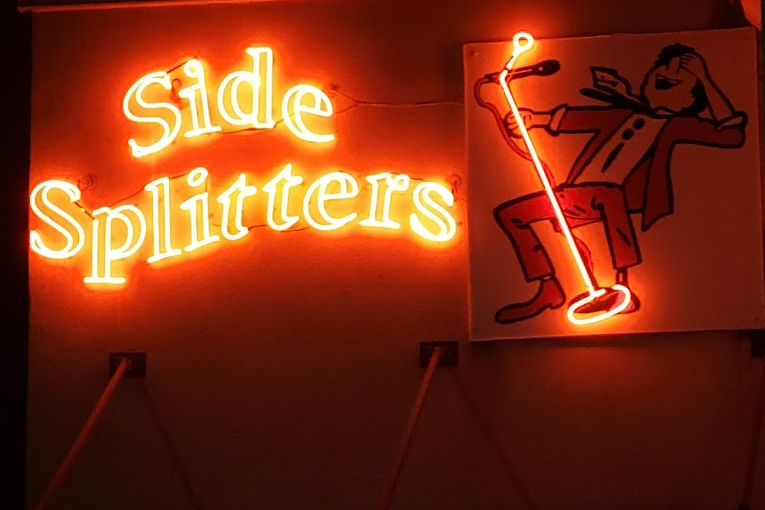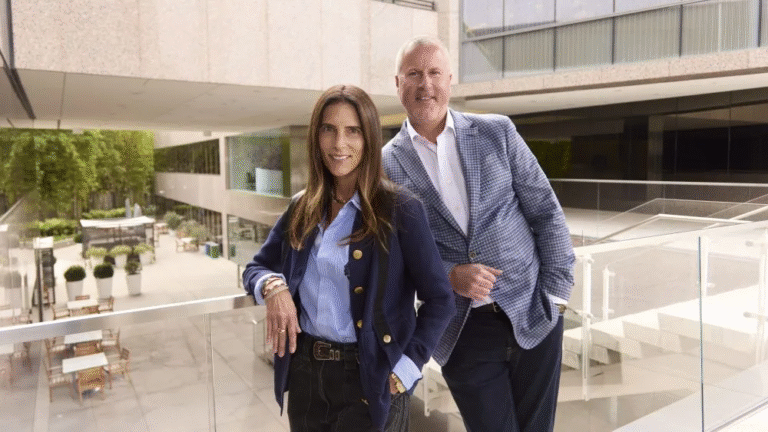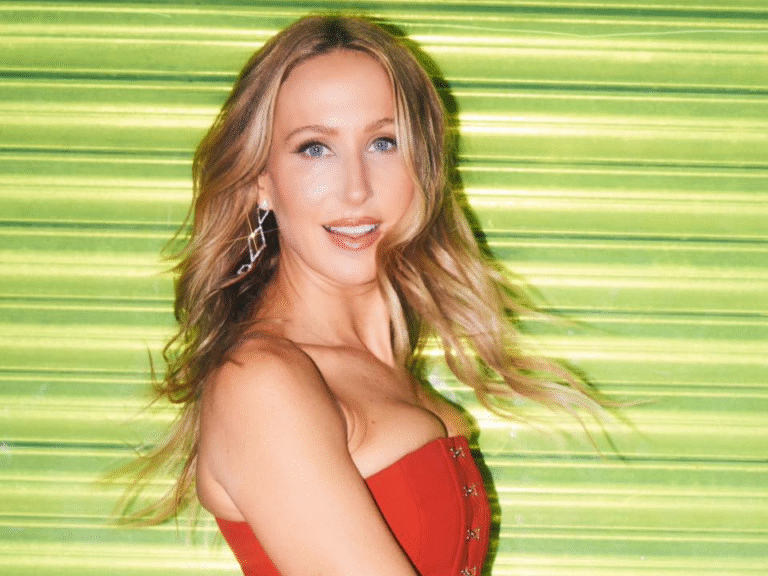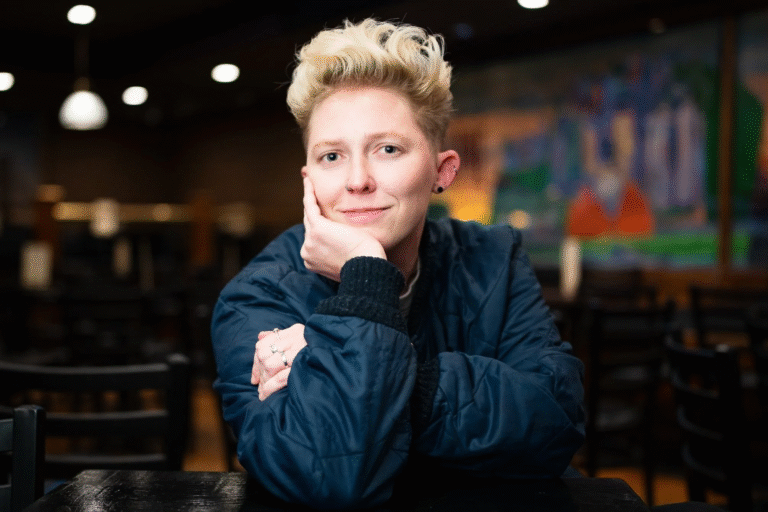Riyadh Comedy Festival Sparks Backlash as Top Comedians Face Accusations of Choosing Cash Over Conscience
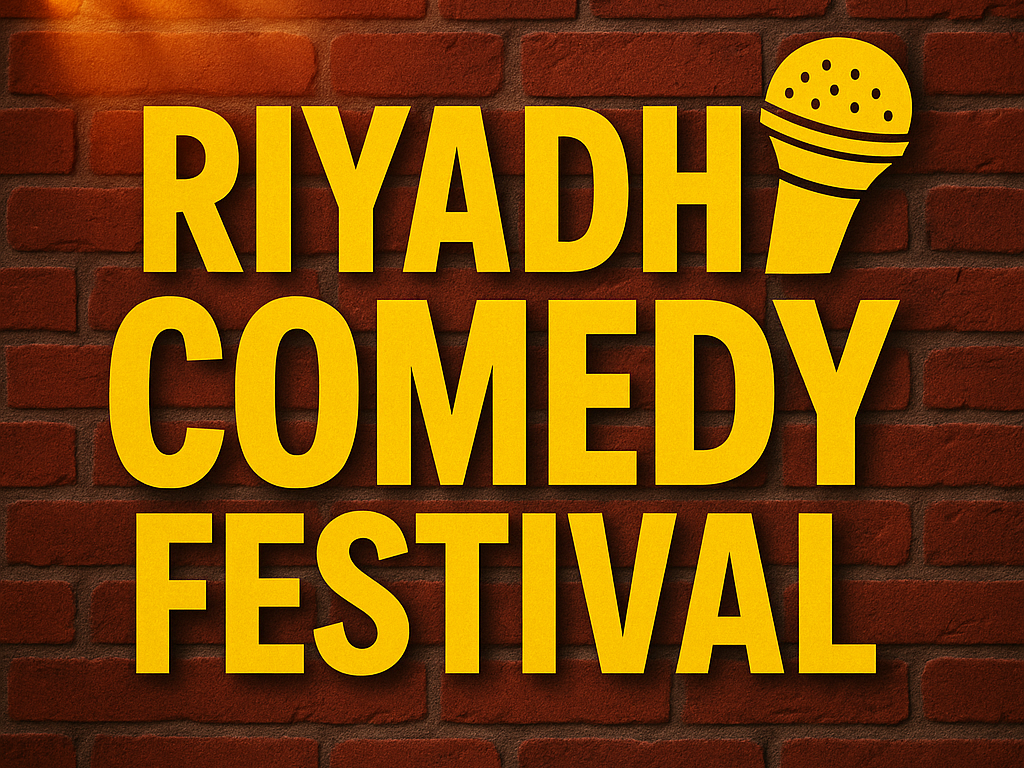
The Riyadh Comedy Festival, held between September 26 and October 9, 2025, in Saudi Arabia’s capital, has become one of the most controversial entertainment events of the year.
The government-backed festival, part of the country’s Vision 2030 initiative, invited some of the biggest names in global comedy—including Dave Chappelle, Bill Burr, Pete Davidson, Kevin Hart, Tom Segura, Jimmy Carr, and Gabriel “Fluffy” Iglesias—to perform in front of packed audiences.
While the event was promoted as a celebration of laughter and cultural exchange, it quickly became a lightning rod for criticism. Human rights organizations like Human Rights Watch accused Saudi Arabia of using the festival to whitewash its human rights record, pointing to the country’s strict censorship laws, lack of free speech, oppression of LGBTQ+ people, and heavy use of the death penalty.
The controversy deepened when several comedians revealed details about the restrictive contracts they were asked to sign. Japanese American comedian Atsuko Okatsuka shared excerpts of an alleged agreement that banned jokes criticizing the Saudi government, royal family, or religion.
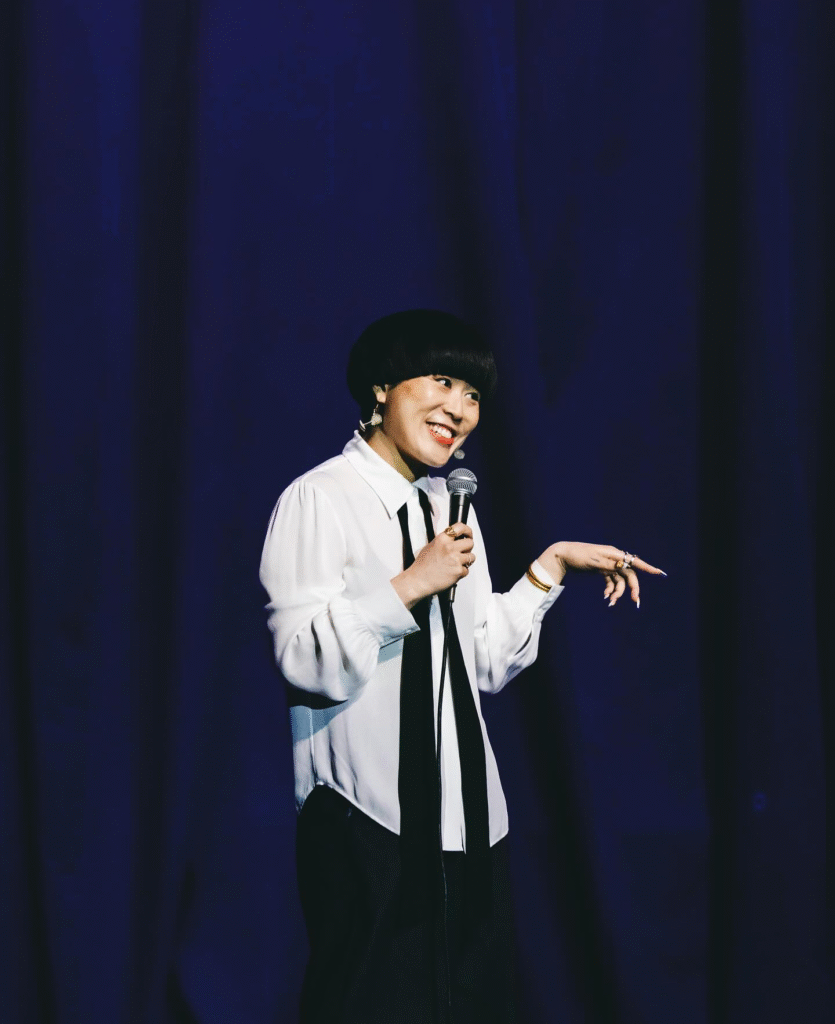
She declined to participate, saying the conditions were incompatible with the spirit of stand-up comedy. Other comedians, like Shane Gillis, also refused to perform, earning praise from fellow comics and fans for taking a principled stand.
However, many others did attend—and reportedly for massive paychecks. U.S. comedian Tim Dillon claimed he was offered $375,000 for a single set, while top-tier acts like Chappelle and Burr were allegedly paid well over a million dollars each. British comedian Rosie Holt commented that such restrictive clauses are rarely seen in comedy contracts, noting how performers seemed to avoid political topics entirely during their sets.
One performer who faced the most scrutiny was Dave Chappelle. In an interview quoted by multiple outlets, including Time and Entertainment Weekly, he remarked that it was “easier to talk in Saudi Arabia than in America.” The statement sparked outrage, especially since just last year, a retired teacher in Saudi Arabia was reportedly sentenced to death for online posts critical of the government. Critics said Chappelle’s comment downplayed the real dangers faced by Saudi citizens who speak out.
Bill Burr, meanwhile, called the festival a “top three experience” of his career, later defending his decision by saying the audience was “great” and the royal family “loved the show.” Other performers echoed similar sentiments, focusing on the warm reception rather than the ethical implications.
Some comedians, like Jessica Kirson, later apologized for attending, announcing donations of their festival earnings to human rights groups. However, HRW publicly stated it would not accept donations tied to participation in events used for image laundering.
Ultimately, the Riyadh Comedy Festival highlighted a growing divide in the comedy world. On one side are performers defending their right to entertain anywhere, and on the other are critics who argue that accepting million-dollar paychecks from a regime known for silencing dissent undermines the very freedom that comedy depends on.
As Saudi Arabia continues its push to rebrand itself through sports, culture, and tourism, many are left wondering if Western entertainers are helping to promote genuine change—or just selling out for a laugh and a paycheck.
